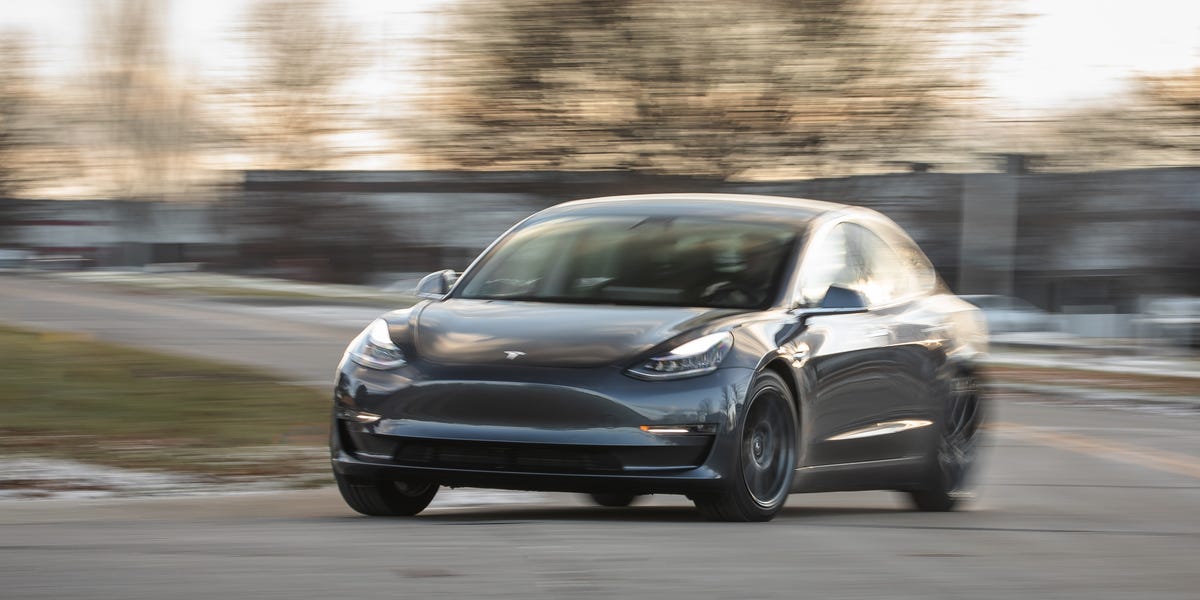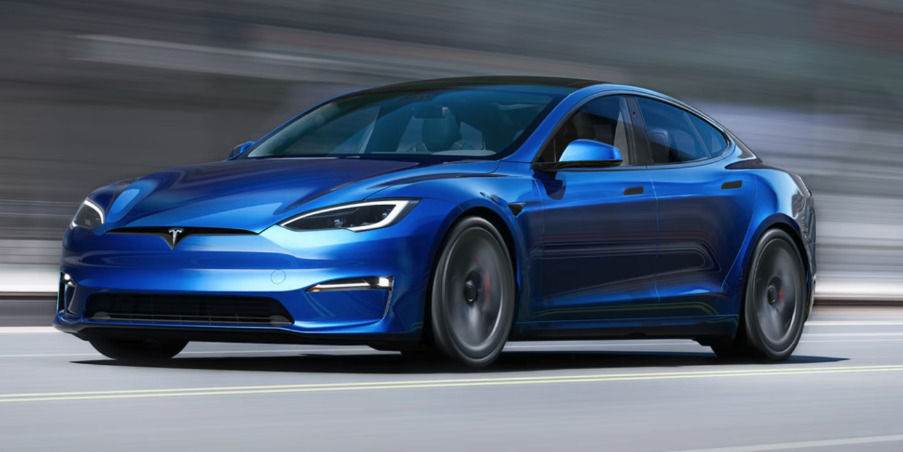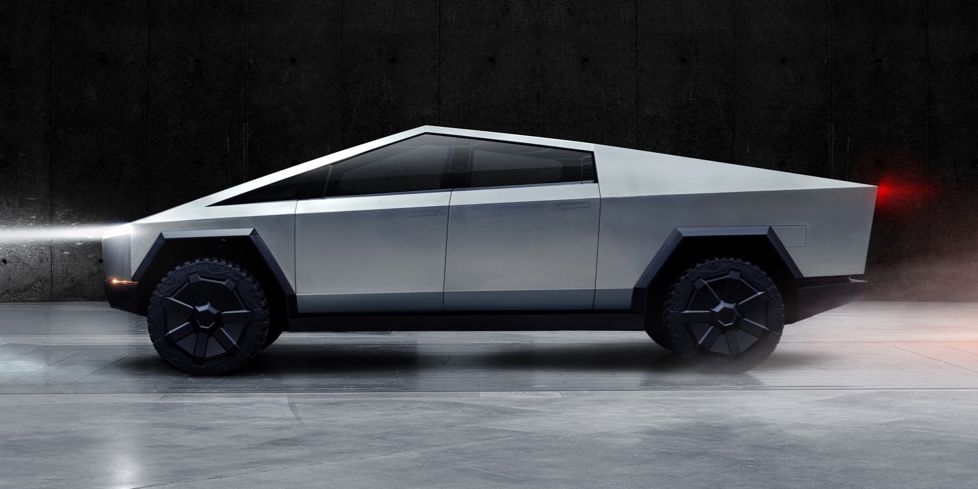Old Rocks
Diamond Member
First of all, almost everything used in wind turbines, batteries, and solar panels is recyclable. And the mining for lithium is far less damaging than mining coal or fracking for gas.Mining lithium and tearing up bog pond ecosystems for the problem of disposing of nonrecyclable batteries en mass is not sustaining(Hiss, boo) I just watched this PBS documentary on electric plane circumnavigating the earth it was rather fascinating...(solar impulse). Please don't mock these guys, it basically what they call a "moonshot" for sustainable energy. In fact it may cost millions to do it and wasted a lot of energy, but hey one small step for man...
Its an idea imposed by the same people who ignored the chemical science that destroyed the ozone. These people have no brains
The mining for lithium destroys ecosystems of ponds that most people would consider to be insignificant because its just a bog. But that shows ignorance by those who dont understand the importance of the interconnected dependence of ecosystems. Even the bacterial bottoms of bogs contribute to the environment
Like the effects of chloroflourocarbons. Its only insignificant till you roll forwards with it and then find the true result. Some people dont get biology and ecosystems. All they understand is politics and the distribution of money.
Electric batteries are not the long term answer.
Damn, just how fucking dumb are you? Lithium brines;

Argentina to be focus of new lithium brine production
Argentina will close lithium brine production gap with Chile





